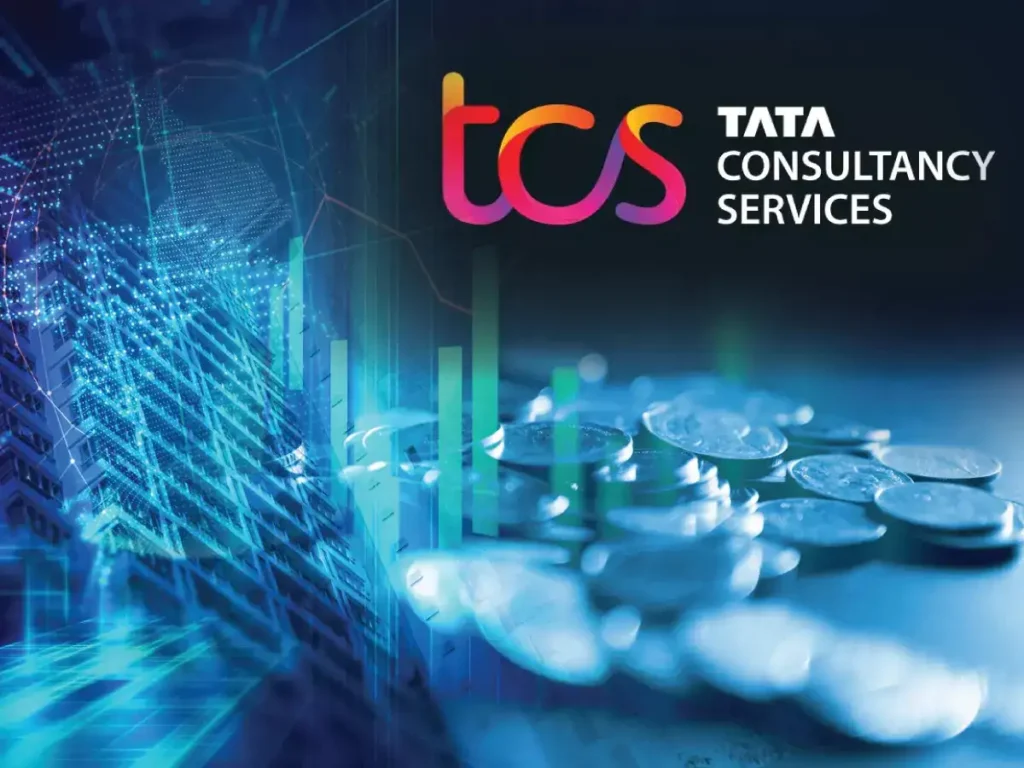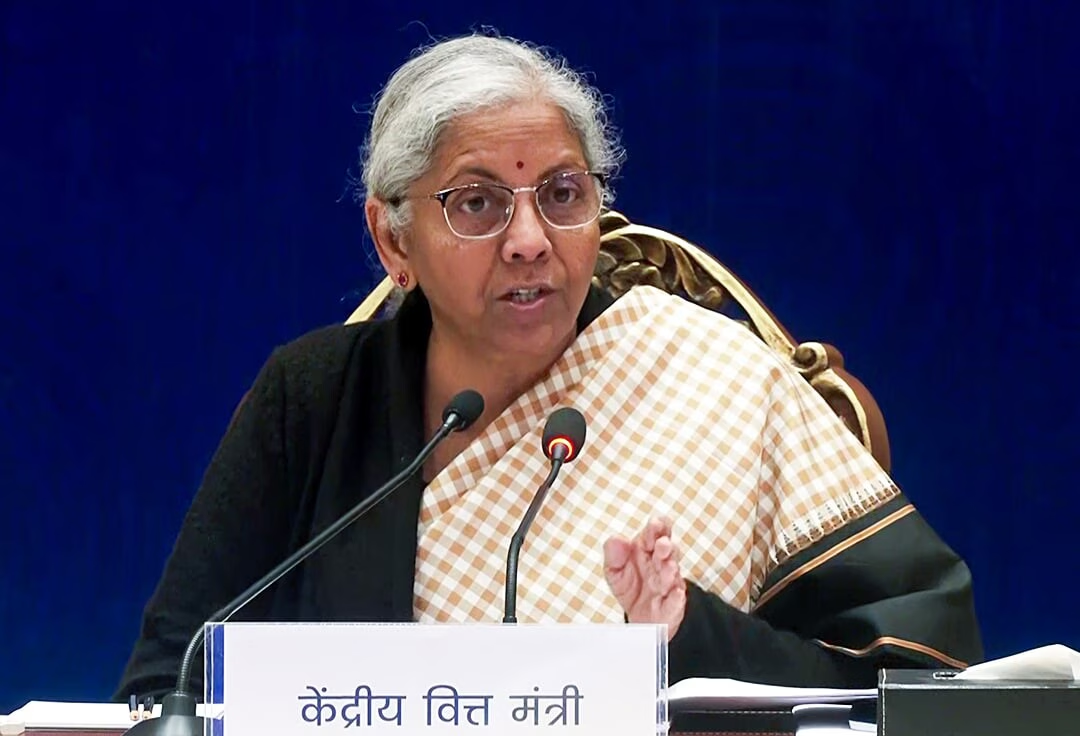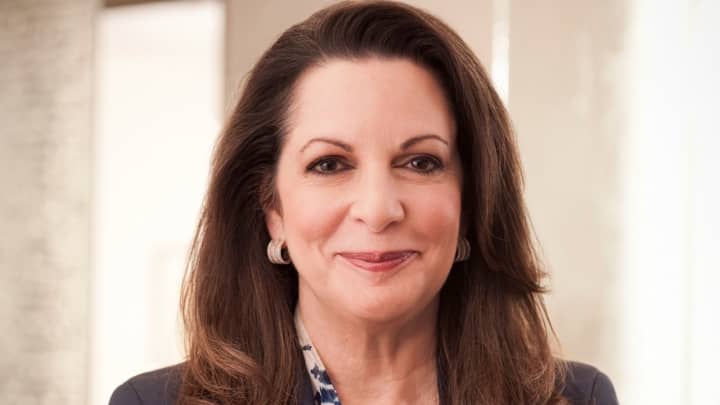Now Reading: Greptile CEO Daksh Gupta’s ‘9-9-6’ Work Culture Sparks Global Debate
-
01
Greptile CEO Daksh Gupta’s ‘9-9-6’ Work Culture Sparks Global Debate
Greptile CEO Daksh Gupta’s ‘9-9-6’ Work Culture Sparks Global Debate

Daksh Gupta, a 23-year-old Indian-origin entrepreneur, has become a focal point in discussions about work culture in the tech industry. As the co-founder and CEO of Greptile, an AI startup based in San Francisco, Gupta has openly advocated for a rigorous work schedule known as the ‘9-9-6’ rule—working from 9 a.m. to 9 p.m., six days a week. This approach has ignited widespread debate, drawing both support and criticism from various quarters
The ‘9-9-6’ Rule Explained:
Gupta’s ‘9-9-6’ work culture is characterized by long hours and minimal work-life balance. He has been transparent about the company’s expectations, stating that employees often work from 9 a.m. to 11 p.m., including Saturdays, with occasional work on Sundays. This demanding schedule is designed to foster a high-intensity environment aimed at rapid growth and innovation.
Global Reaction and Backlash:
The announcement of this work culture has sparked a global conversation. While some view it as a testament to dedication and ambition, others criticize it for promoting burnout and neglecting employee well-being. Gupta has reported receiving a mix of reactions, including death threats and job applications, highlighting the polarized views on such intense work practices.
Implications for Tier 2 Cities in India:
For investors and professionals in Tier 2 cities in India, Gupta’s approach offers both lessons and warnings. The emphasis on hard work and dedication can be inspiring, but it also underscores the importance of balancing ambition with employee welfare. As the global tech industry increasingly influences Indian markets, understanding such work cultures becomes crucial for adapting to international standards while maintaining local sensibilities.
Conclusion:
Daksh Gupta’s ‘9-9-6’ work culture at Greptile serves as a catalyst for broader discussions about work ethics in the modern tech industry. While it reflects a commitment to growth and success, it also raises important questions about sustainability and employee health. As the debate continues, it is essential for companies worldwide, including those in Tier 2 cities in India, to consider the long-term impacts of such work cultures on their workforce.
























